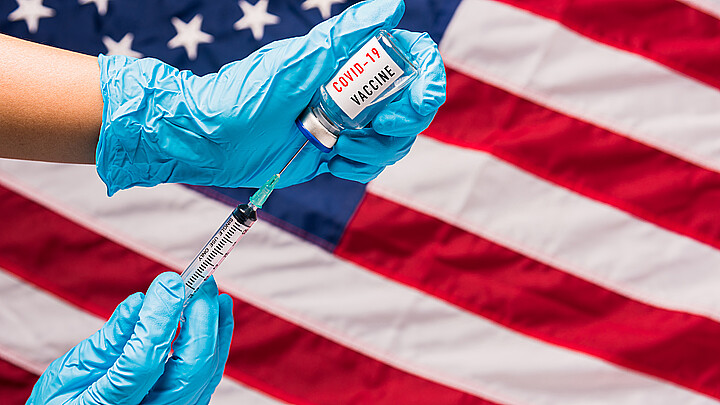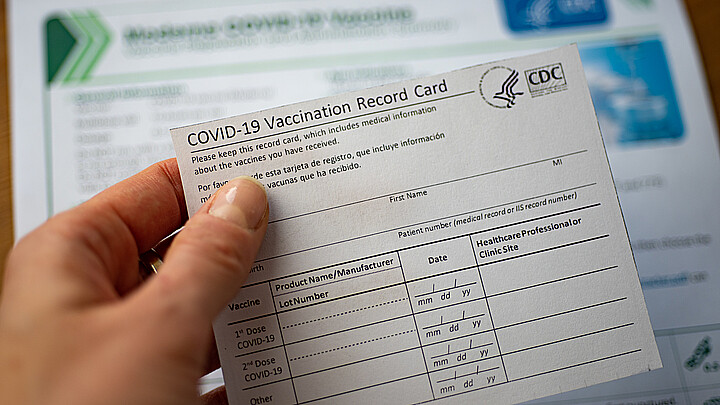Coronavirus
Senate Republicans moving to vote on ending COVID-19 Emergency Declaration
The response comes after President Biden said that “the pandemic is over.”

September 22, 2022 5:25pm
Updated: September 23, 2022 12:56pm
Sen. Roger Marshall, a Republican from Kansas, is moving to force a vote on ending the emergency declaration on the COVID-19 pandemic after President Joe Biden said in an interview this week that “the pandemic is over.”
Critics on both sides of the aisle blasted Biden for the claim he made on CBS’ “60 Minutes” on Sunday. The White House asked Congress for $22.4 billion this month for testing programs, clinical trials and further research.
“It was jaw-dropping,” Marshal told The Wall Street Journal. “Here’s Joe Biden talking out of both sides of his mouth saying that the COVID pandemic is over with and yet he wants to continue these emergencies.”
On Thursday, the Kansas senator introduced a privileged resolution that calls for a vote to end the emergency declaration first declared in March 2020 by then-President Donald Trump.
WSJ noted that the national emergency is separate from the public-health emergency, which is also in place and expanded health coverage to millions of low-income people.
An emergency declaration allows the administration to use special executive powers under the National Emergencies Act. The Biden administration has used this emergency authority to suspend payments on student loans and close ports of entry, among other things, according to The Wall Street Journal.
The declared emergency was used to justify the Biden plan to forgive up to $20,000 of student loan debt per borrower under a 2003 federal statute that gives the Secretary of Education the ability to waive or modify federal student-loan terms during war or a national emergency.
As a check on executive power, the National Emergencies Act allows senators to force a vote to end the declaration. But the measure will need a supermajority vote in both chambers to override a presidential veto.
Marshall led an earlier effort in March to terminate the government’s emergency declaration on COVID-19. The measure passed 48-47 in the Senate but died in the House.
At the time, Democrats argued the mandate was necessary to combat coronavirus strains that came after the highly contagious omicron variant.










